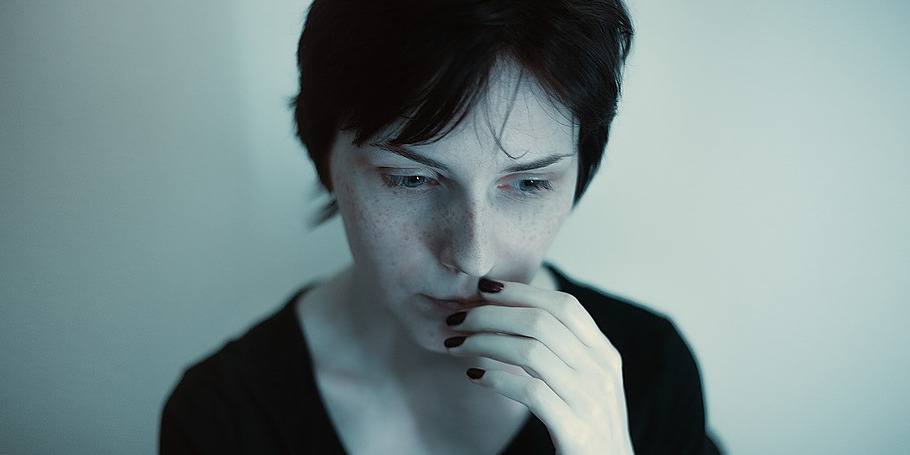Do you sometimes have sudden attacks of anxiety and overwhelming fear that last for several minutes? Maybe your heart pounds, you sweat, and you feel like you can’t breathe or think. Do these attacks occur at unpredictable times with no obvious trigger, causing you to worry about the possibility of having another one at any time?
If so, you may have a type of anxiety disorder called panic disorder. Left untreated, panic disorder can lower your quality of life because it may lead to other fears and mental health disorders, problems at work or school, and social isolation.
What is it like to have panic disorder?
“One day, without any warning or reason, a feeling of terrible anxiety came crashing down on me. I felt like I couldn’t get enough air, no matter how hard I breathed. My heart was pounding out of my chest, and I thought I might die. I was sweating and felt dizzy. I felt like I had no control over these feelings and like I was drowning and couldn’t think straight.
“After what seemed like an eternity, my breathing slowed and I eventually let go of the fear and my racing thoughts, but I was totally drained and exhausted. These attacks started to occur every couple of weeks, and I thought I was losing my mind. My friend saw how I was struggling and told me to call my doctor for help.”
What is panic disorder?
People with panic disorder have sudden and repeated attacks of fear that last for several minutes or longer. These are calledpanic attacks. Panic attacks are characterized by a fear of disaster or of losing control even when there is no real danger. A person may also have a strong physical reaction during a panic attack. It may feel like having a heart attack. Panic attacks can occur at any time, and many people with panic disorder worry about and dread the possibility of having another attack.
A person with panic disorder may become discouraged and feel ashamed because he or she cannot carry out normal routines like going to school or work, going to the grocery store, or driving.
Panic disorder often begins in the late teens or early adulthood. More women than men have panic disorder. But not everyone who experiences panic attacks will develop panic disorder.
What causes panic disorder?
Panic disorder sometimes runs in families, but no one knows for sure why some family members have it while others don’t. Researchers have found that several parts of the brain, as well as biological processes, play a key role in fear and anxiety. Some researchers think that people with panic disorder misinterpret harmless bodily sensations as threats. By learning more about how the brain and body functions in people with panic disorder, scientists may be able to create better treatments. Researchers are also looking for ways in which stress and environmental factors may play a role.
What are the signs and symptoms of panic disorder?
People with panic disorder may have:
- Sudden and repeated panic attacks of overwhelming anxiety and fear
- A feeling of being out of control, or a fear of death or impending doom during a panic attack
- Physical symptoms during a panic attack, such as a pounding or racing heart, sweating, chills, trembling, breathing problems, weakness or dizziness, tingly or numb hands, chest pain, stomach pain, and nausea
- An intense worry about when the next panic attack will happen
- A fear or avoidance of places where panic attacks have occurred in the past
Learn More
For more information about anxiety, worry and stress, the following resources may be helpful.
Understanding and Finding Help for Anxiety. https://ontario.cmha.ca/documents/understanding-and-finding-help-for-anxiety/
Youth Anxiety. https://youth.anxietycanada.com/
Anxiety Disorders Association of Ontario. http://www.anxietydisordersontario.ca/
Mood Disorders Association of Ontario. https://www.mooddisorders.ca/faq/anxiety-and-mood-disorders
Anxiety Disorders. Canadian Mental Health Association. https://cmha.bc.ca/documents/anxiety-disorders/
Source: National Institute of Mental health, with permission. Please note that any information regarding medications is provided for educational purposes only and may be outdated.













